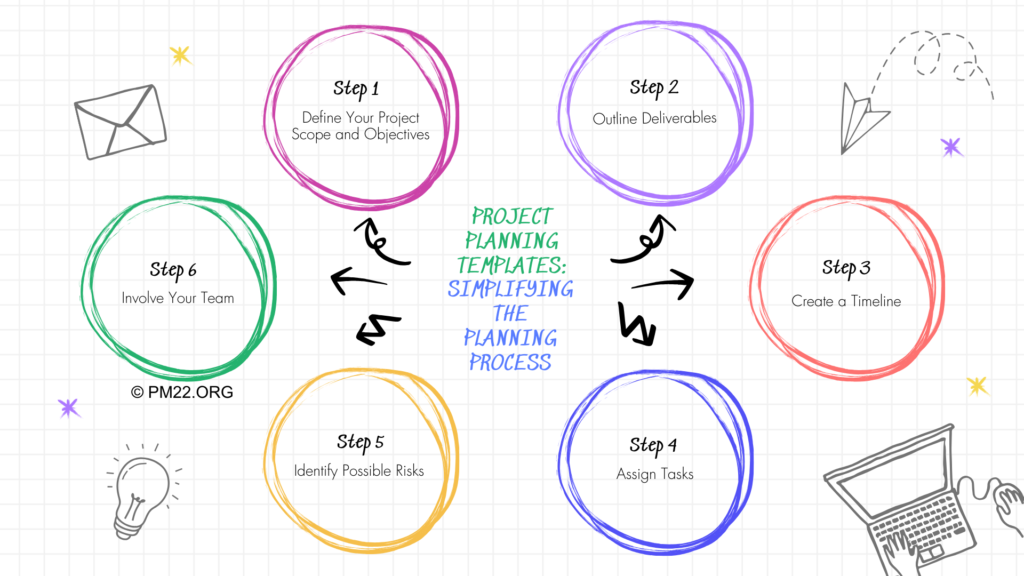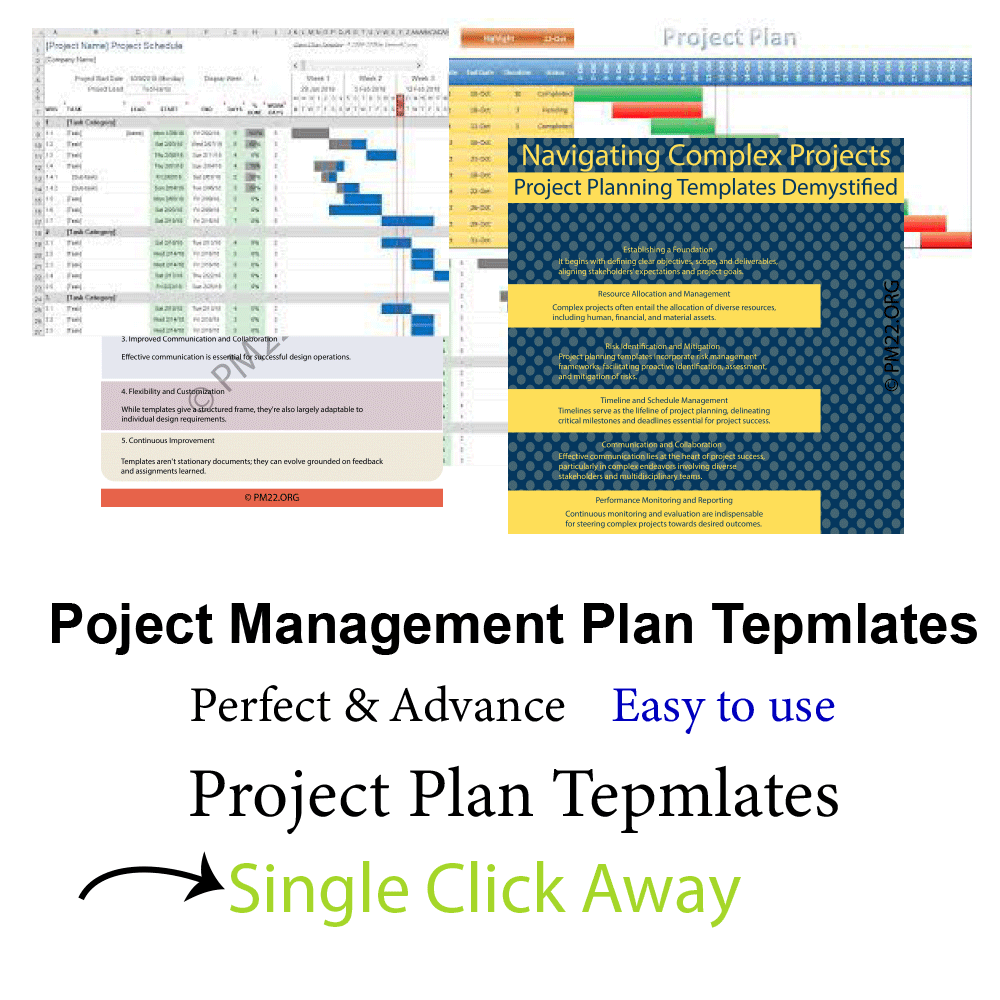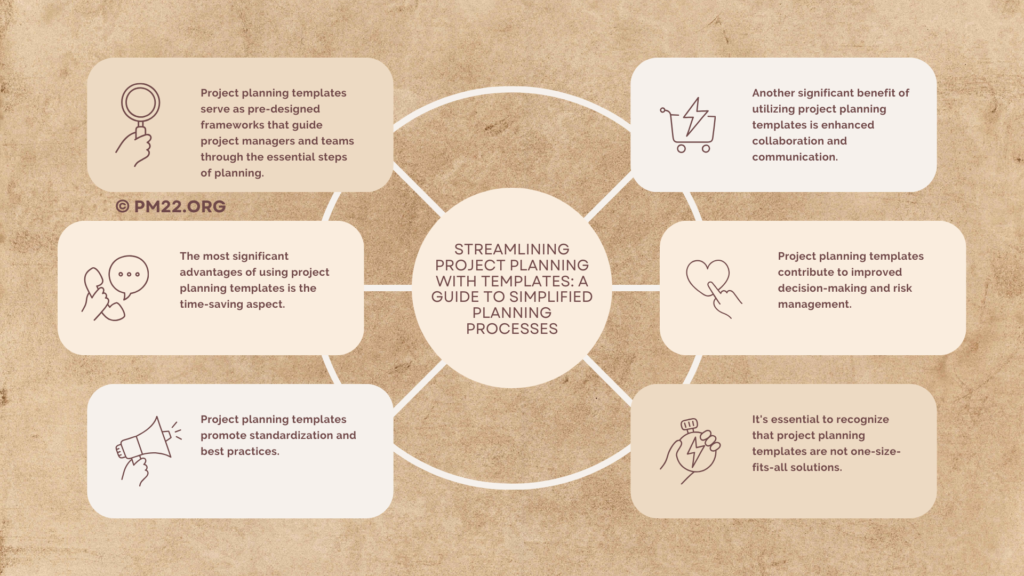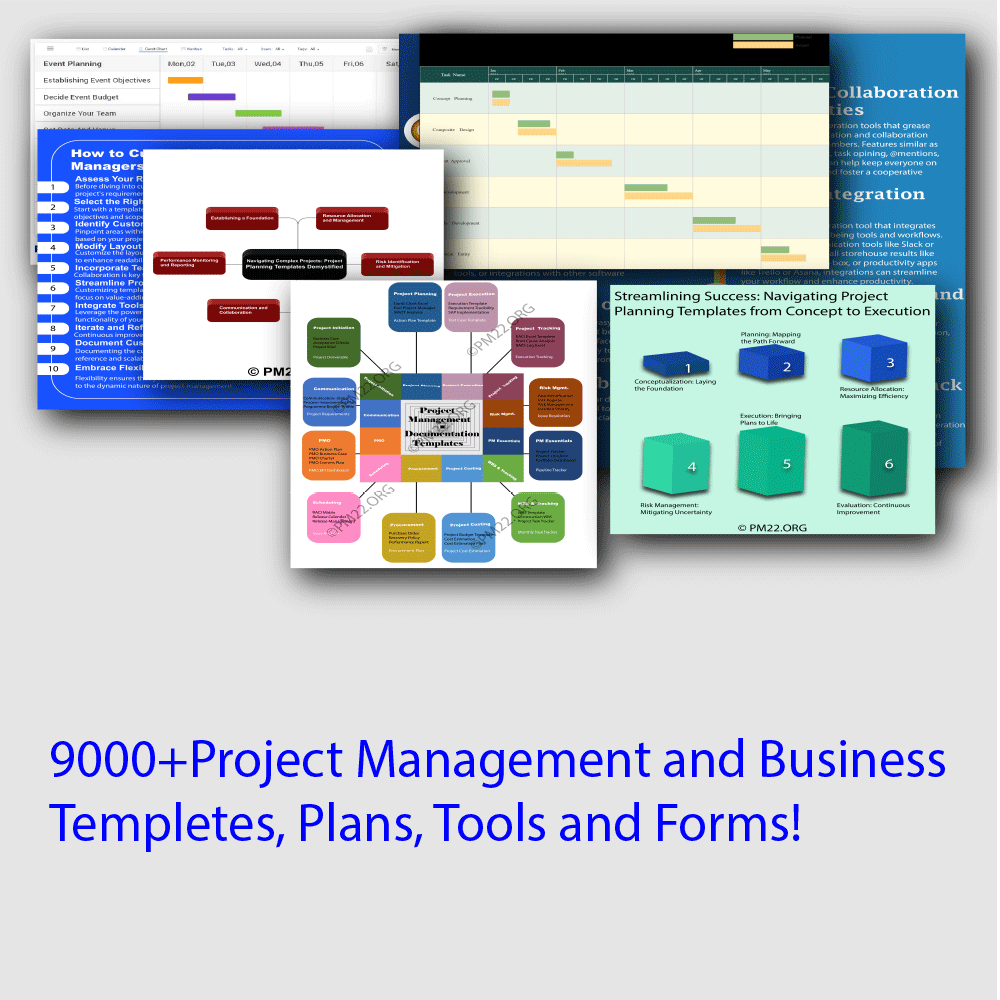 In the realm of project management, the significance of effective planning cannot be overstated. Whether it’s a small-scale initiative or a complex endeavor spanning across departments, meticulous planning lays the groundwork for success. However, crafting comprehensive project plans from scratch can be a time-consuming and daunting task. This is where project planning templates emerge as invaluable tools, offering a systematic approach to streamline the planning process.
In the realm of project management, the significance of effective planning cannot be overstated. Whether it’s a small-scale initiative or a complex endeavor spanning across departments, meticulous planning lays the groundwork for success. However, crafting comprehensive project plans from scratch can be a time-consuming and daunting task. This is where project planning templates emerge as invaluable tools, offering a systematic approach to streamline the planning process.
Project planning templates serve as pre-designed frameworks that guide project managers and teams through the essential steps of planning. These templates come in various formats, ranging from simple spreadsheets to sophisticated software solutions. The primary objective is to provide a structured framework that captures key elements such as objectives, timelines, resources, milestones, and risks.
One of the most significant advantages of using project planning templates is the time-saving aspect. Instead of starting from a blank canvas, project managers can leverage pre-built templates tailored to specific project types or industries. This not only accelerates the planning phase but also ensures consistency across projects within an organization. With templates at their disposal, teams can allocate more time to strategic decision-making and problem-solving rather than getting bogged down by administrative tasks.
CLICK HERE TO DOWNLOAD 300+ PROJECT MANAGEMENT TEMPLATES & DOCUMENTS IN EXCEL
Moreover, project planning templates promote standardization and best practices. By following established templates, project managers can incorporate industry standards and proven methodologies into their planning process. This adherence to best practices enhances the quality and reliability of project plans, reducing the likelihood of oversights or errors. Additionally, templates often include built-in guidelines or prompts, ensuring that critical components of the plan are not overlooked.
Another significant benefit of utilizing project planning templates is enhanced collaboration and communication. These templates serve as central repositories for project information, accessible to all stakeholders involved. By sharing a common framework, team members can align their efforts more effectively, fostering collaboration and synergy. Furthermore, templates facilitate clear and consistent communication by providing a standardized format for conveying project details, progress updates, and action items.
In addition to facilitating the planning process, project planning templates also promote agility and adaptability. As projects evolve and circumstances change, templates can be easily customized to accommodate adjustments or new requirements. Whether it’s revising timelines, reallocating resources, or mitigating risks, templates provide a flexible framework that can be tailored to suit evolving project needs. This adaptability is crucial in dynamic environments where agility is essential for project success.
CLICK HERE TO DOWNLOAD 300+ PROJECT MANAGEMENT TEMPLATES & DOCUMENTS IN EXCEL
Furthermore, project planning templates contribute to improved decision-making and risk management. By systematically documenting project objectives, constraints, and dependencies, templates enable project managers to make informed decisions based on data and analysis. Additionally, templates often include sections dedicated to risk identification and mitigation strategies, allowing teams to anticipate potential challenges and proactively address them. This proactive approach to risk management helps minimize disruptions and enhances project resilience.
Despite their numerous benefits, it’s essential to recognize that project planning templates are not one-size-fits-all solutions. While they provide a valuable starting point, customization is often necessary to align the template with the unique requirements of each project. Moreover, templates should be viewed as dynamic tools that evolve based on feedback and lessons learned from previous projects.
In conclusion, project planning templates play a pivotal role in simplifying the planning process and improving project outcomes. By providing structured frameworks, promoting standardization, fostering collaboration, and enhancing agility, templates empower project managers and teams to navigate the complexities of project planning with confidence and efficiency. With the right templates at their disposal, organizations can optimize their planning processes and drive success in their projects.
